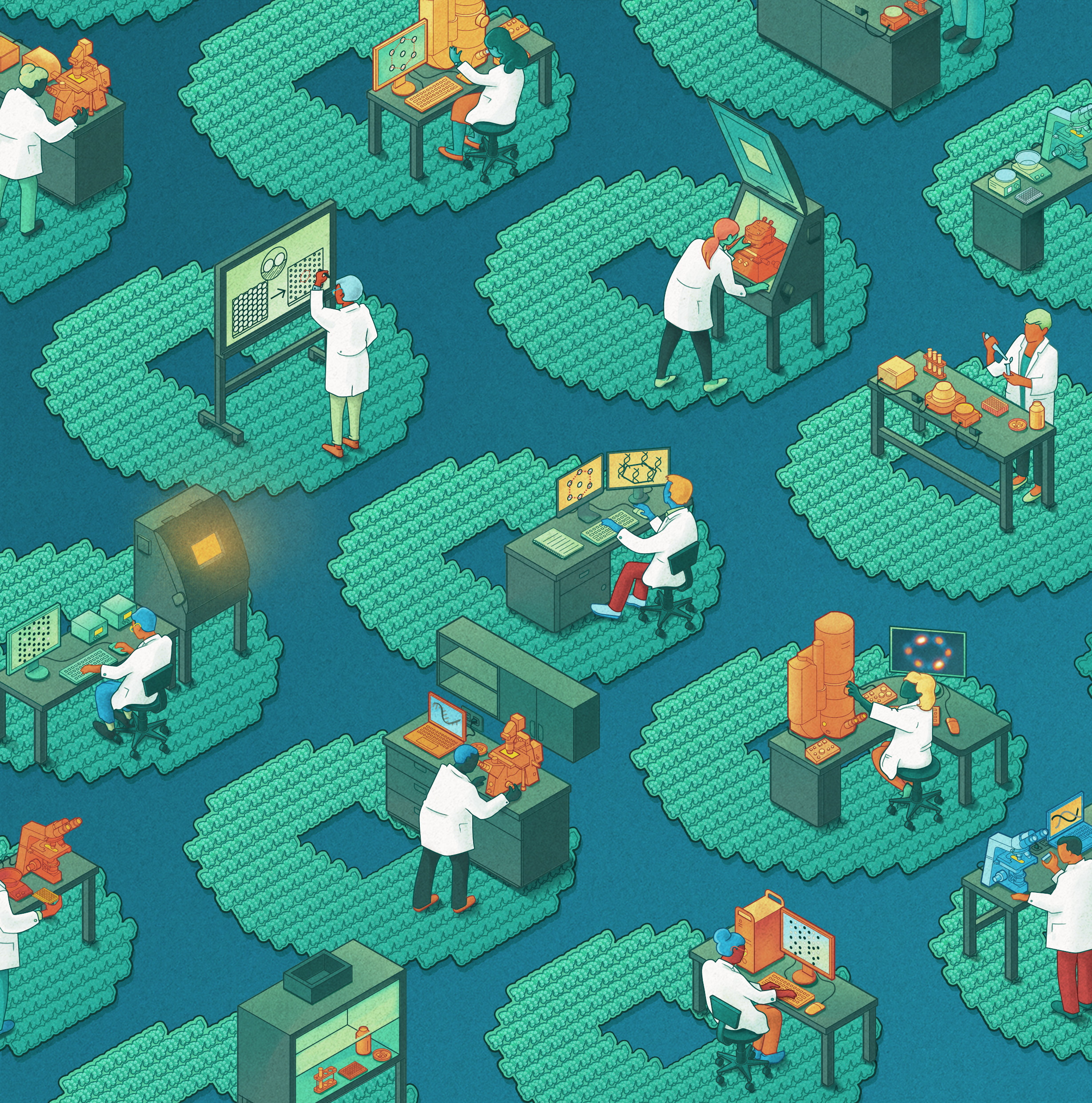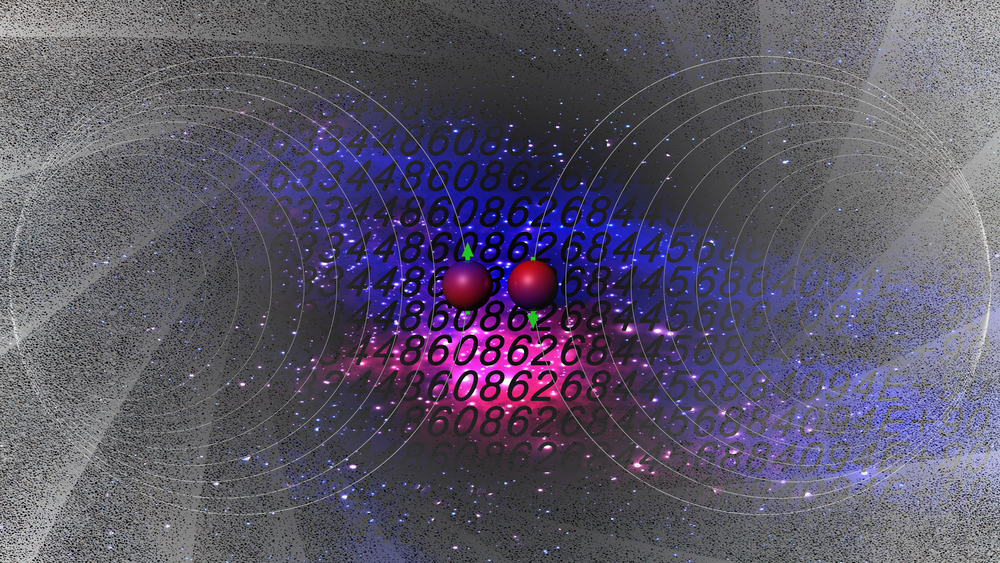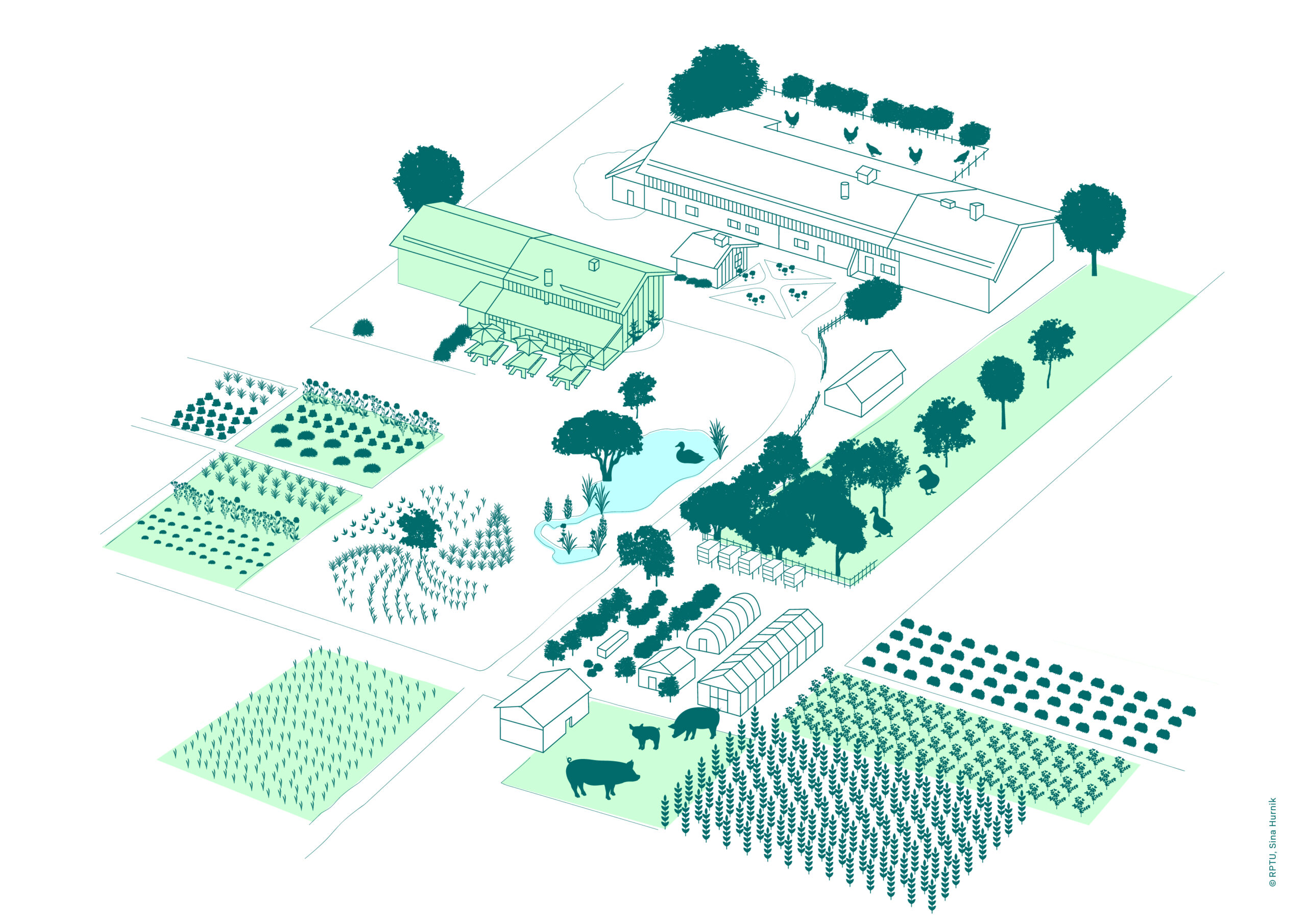AudioPod
About this episode
Dr Julia Gresky of the German Archaeological Institute and her colleagues examined the frequency and content of accounts of ancient rare diseases in the paleopathological literature. By studying published records over the past 45 years, the researchers provide a long-term perspective on the reporting of rare diseases in archaeological contexts. Despite methodological advancements, their work shows that there is much still to be achieved in this fascinating but understudied field.
Original Article Reference
This SciPod is a summary of the paper ‘How rare is rare? A literature survey of the last 45 years of paleopathological research on ancient rare diseases’, published in the International Journal of Paleopathology. DOI: https://doi.org/10.1016/j.ijpp.2021.03.003
This work is licensed under a Creative Commons Attribution 4.0 International License. 
What does this mean?
Share: You can copy and redistribute the material in any medium or format
Adapt: You can change, and build upon the material for any purpose, even commercially.
Credit: You must give appropriate credit, provide a link to the license, and indicate if changes were made.






